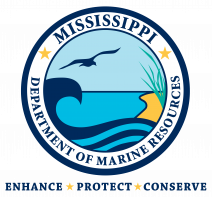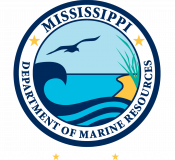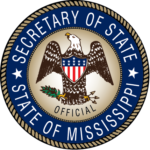11-09-CWS | February 1, 2011
BILOXI, Miss. – The Mississippi Coastal Preserves Program, under the Mississippi Department of Marine Resources (DMR), will partner with the National Wildlife Federation (NWF), Mississippi Wildlife Federation (MWF), Natural Capital Development (NCD) and local conservation partners, including Mississippi Sandhill Crane and Grand Bay National Wildlife Refuges and the Land Trust for Mississippi Coastal Plain to kick-off the Habitat Stewards Program in Coastal Mississippi.
The two-year pilot project is a natural outgrowth of NWF’s initial response to the Deepwater Horizon oil spill. Small groups of volunteers will serve as local “friends” groups on specific tracts of conservation land along the Mississippi Coast. Volunteer habitat stewards will be trained and supported as they conduct various services, such as clearing and monitoring trail conditions, cleaning up litter and ensuring safe conditions for visitors, observing wildlife, documenting human use of public lands and treating and monitoring invasive species. Thus, volunteer habitat stewards will enhance wildlife habitat and help improve people’s connection with important conservation areas and nature.
Those interested in volunteering to become a habitat steward can contact local Project coordinators, Cynthia Ramseur or Leah Bray at 228-875-1032 for more information.
The main objective of the Coastal Preserves Program is to acquire, protect, and manage sensitive coastal wetland habitats along the Mississippi Gulf Coast, therefore ensuring the ecological health of Mississippi’s coastal wetland ecosystems. The State currently has title to approximately 36,000 acres of the designated 72,000 acres of crucial coastal wetland habitat within Mississippi’s 20 coastal preserve sites.
“Managing 36,000 acres is a tremendous undertaking,” said Jeff Clark, director of the DMR’s Coastal Preserves Bureau. “Having the Habitat Stewards Program in place is extremely beneficial to the Coastal Preserves Program because it puts more people on the ground and helps us get more accomplished.”
Natural areas require active management and restoration in order to maintain the integrity of ecosystem services that conservation lands provide. Invasive species can cause terrible harm to an area and must be monitored and controlled as much as possible. Other management activities include removal of storm debris, preparation and application of prescribed fire, restoration and mitigation for coastal erosion and compatible public use including interpretation and education about coastal habitats.
The Mississippi Department of Marine Resources is dedicated to enhancing, protecting and conserving marine interests of the state by managing all marine life, public trust wetlands, adjacent uplands and waterfront areas to provide for the optimal commercial, recreational, educational and economic uses of these resources consistent with environmental concerns and social changes. Visit the DMR online at www.dmr.ms.gov.
Contact: Jennifer Goldman Leirer
Phone: 228-523-4101
[ Download PDF ]


